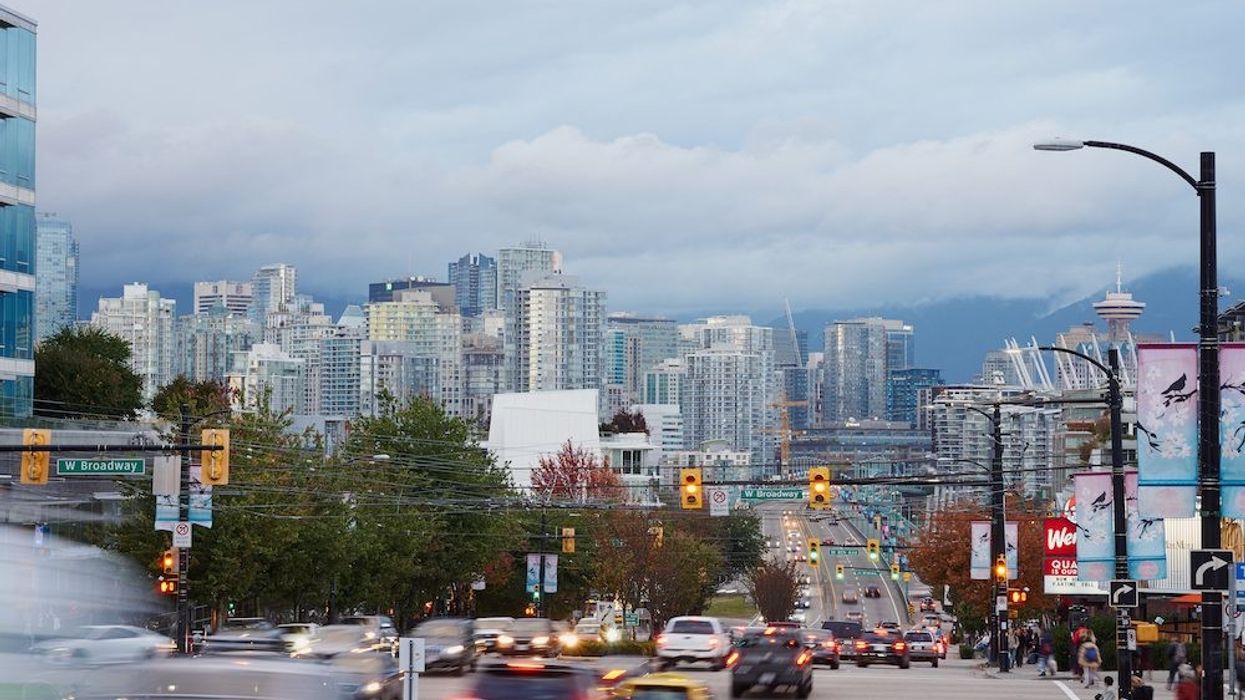Homelessness is without a doubt a major issue here in Vancouver, and as we inch towards the fall election, a new set of data gives us a good picture of how BC residents feel about the government's handling of that issue so far.
When asked to rate the work of each level of government as it relates to addressing homelessness in British Columbia, no level of government received a good grade. Provided with a range of answers from "very good" to "very bad" (and "not sure"), "bad" was the top answer for the federal government (33%), provincial government (33%), and municipal government (32%).
"Very bad" was also the second-highest answer as it relates to the federal government, while respondents were split between "good" and "very bad" when it came to the provincial government (23% each) and the municipal government (25% and 23%).
Respondents that participated in the poll -- conducted in mid-August among 800 BC residents -- also self-identified their age, ethnicity, annual household income, the region of British Columbia they reside in, and which party they voted for in the 2020 provincial election, and those trends ("bad" or "very bad" being the top answer) held across nearly all demographics, with three noteworthy demographic exceptions.
The first exception was respondents between the ages of 18 and 34. About 30% of respondents in that age range rated both the provincial and municipal government's work addressing homelessness in BC as "good", the only two instances where "good" was the top answer for those levels of government, across all genders, ages, regions, and ethnicities.
The second exception involved respondents who identified themselves as having an annual household income of over $100,000 (the highest option). All three levels of government received "good" as the top rating by these respondents, suggesting a disconnect of some kind between this demographic group.
The final exception was with those who voted for the Liberals in the 2020 provincial election. Among that demographic group, "good" was the top rating for both the provincial and municipal level of government, the only two such instances across all voter demographic groups.
With BC Premier John Horgan stepping down, the race to succeed him has begun. David Eby — who served as attorney general and the minister responsible for housing before stepping down to enter that race — is currently the frontrunner, not even having a competitor until climate activist Anjali Appadurai recently entered her name into the ring.
Perhaps aware of the issue's importance in BC and the upcoming election, or the recent and ongoing events in the Downtown Eastside, Eby participated in an interview last week that specifically focused on the issue of homelessness.
"I think it's the province that needs to step up and take responsibility and accountability for the neighbourhood. I think we are now beyond the point where the city can respond, and I think it's going to be up to the province", he said. "It's going to take some focused effort, and I think the province will and should lead that, and it will if I'm successful in my bid."





















